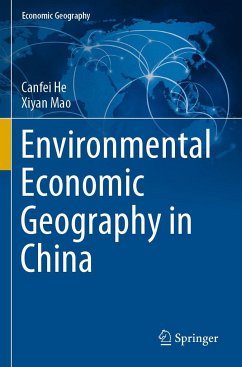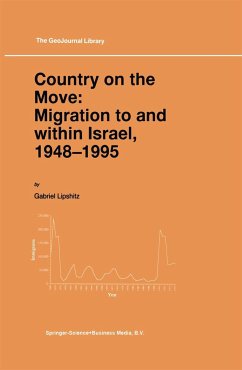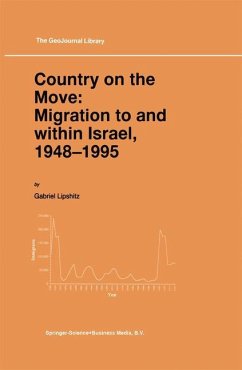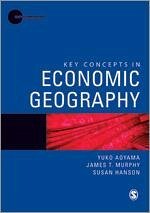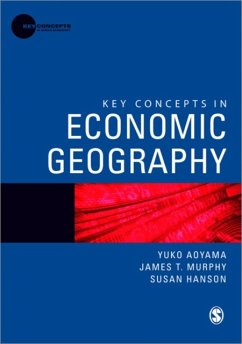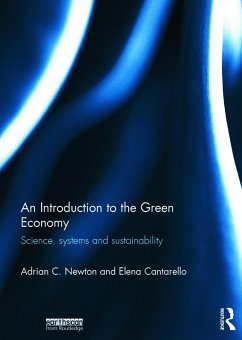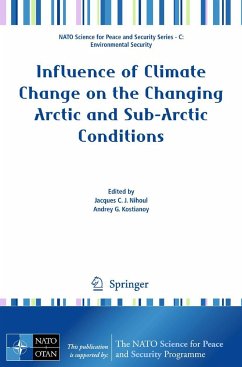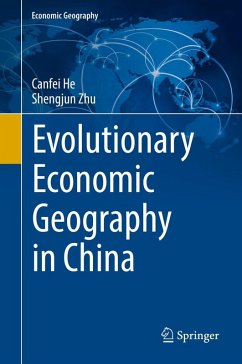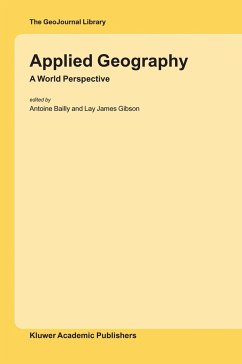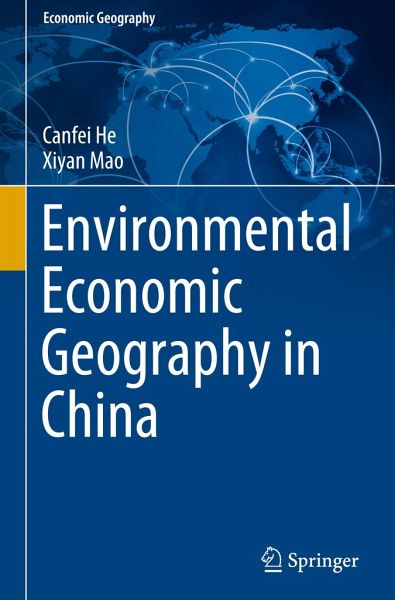
Environmental Economic Geography in China
Versandkostenfrei!
Versandfertig in 6-10 Tagen
113,99 €
inkl. MwSt.
Weitere Ausgaben:

PAYBACK Punkte
57 °P sammeln!
This book contributes to the understanding of environment-economy relations from the perspective of economic geography, grounded in the institutional context of China. It demonstrates how classical economic geographies, new economic geographies, and geographies of economic globalization work together to affect the environment. It covers a series of classical topics like industrial location and industrial dynamics and some emerging fields like industrial evolution and global-local interaction and links them to environmental performance in China. The findings in this book echo the call for devel...
This book contributes to the understanding of environment-economy relations from the perspective of economic geography, grounded in the institutional context of China. It demonstrates how classical economic geographies, new economic geographies, and geographies of economic globalization work together to affect the environment. It covers a series of classical topics like industrial location and industrial dynamics and some emerging fields like industrial evolution and global-local interaction and links them to environmental performance in China. The findings in this book echo the call for developing a more comprehensive and systematic research agenda of environmental economic geography. This book offers researchers, graduate students, and advanced undergraduate students in related fields both theoretical and practical considerations of environmental economic geography. It also offers insights into the policy-making relevant to China's greening efforts.



